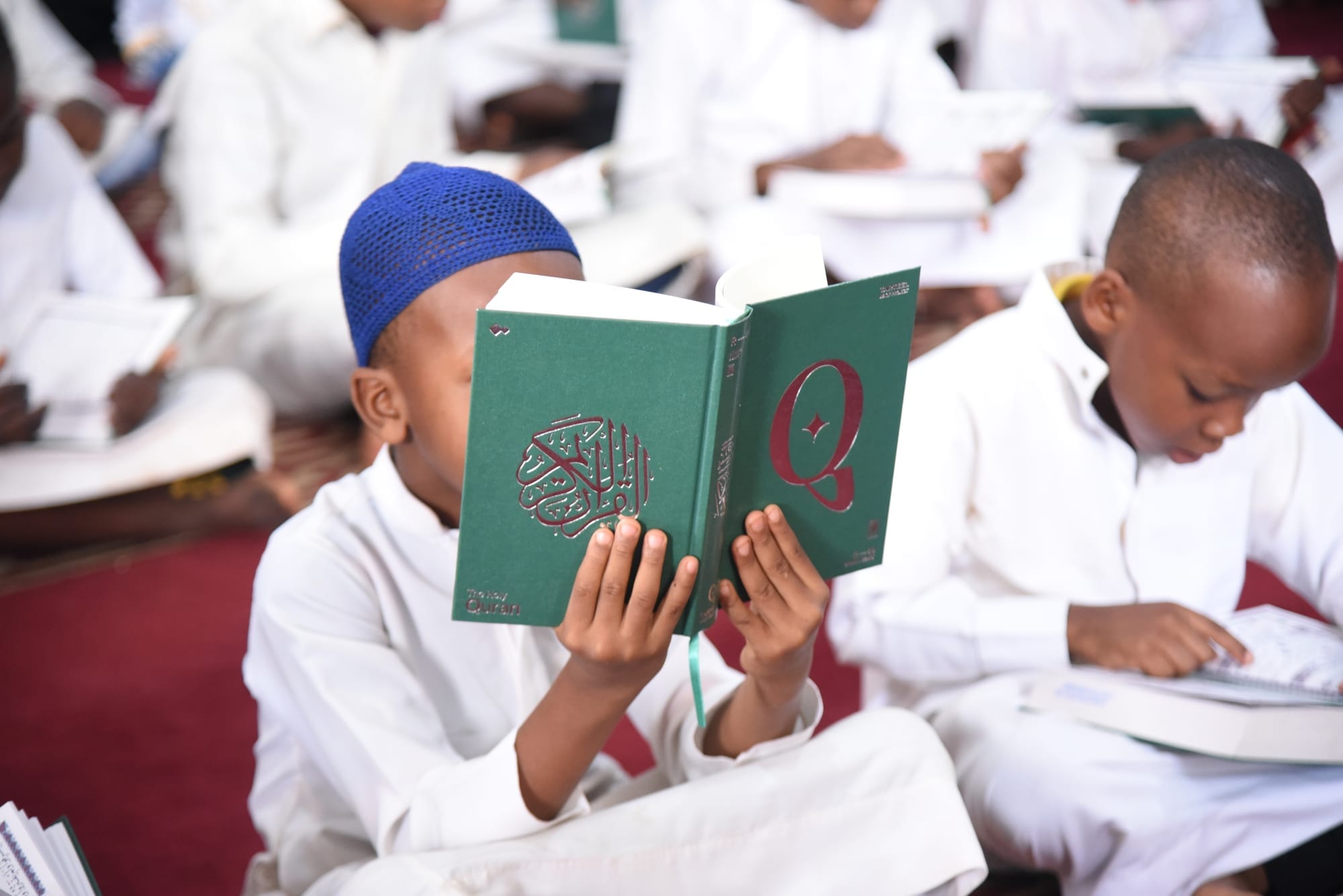Dhikr, the practice of remembering Allah through repeated recitations, holds profound psychological benefits that can transform your mental and emotional well-being. While it’s deeply rooted in spiritual practice, its effects go beyond the spiritual realm, offering significant mental health advantages.
Stress Reduction
One of the most immediate benefits of Dhikr is its ability to reduce stress. The rhythmic repetition of phrases like “SubhanAllah,” “Alhamdulillah,” and “Allahu Akbar” can induce a state of calm and relaxation. This meditative practice slows down breathing, lowers heart rate, and helps the mind focus away from stressors. Numerous studies have shown that meditation and repetitive prayer can reduce cortisol levels, the body's primary stress hormone.
Enhanced Emotional Well-being
Engaging in Dhikr regularly can lead to improved emotional health. The act of remembering Allah and reflecting on His attributes can foster feelings of gratitude, contentment, and humility. When you consistently remind yourself of Allah’s mercy and blessings, it’s easier to cultivate a positive outlook on life. This shift in perspective can decrease feelings of anxiety and depression, replacing them with a sense of peace and satisfaction.
Increased Mindfulness
Dhikr is a form of mindfulness practice, which involves being present and fully engaged in the moment. By focusing on the recitation and the meaning behind the words, you anchor yourself in the present, reducing the impact of negative thoughts about the past or future. This mindfulness helps improve concentration and cognitive function, making it easier to navigate daily tasks with clarity and purpose.

Improved Self-Control and Discipline
Regular practice of Dhikr can enhance self-discipline and control. The commitment to engage in Dhikr, especially at specific times of the day, requires a degree of self-regulation that can translate into other areas of life. This discipline can help you manage impulses, make better decisions, and maintain a balanced lifestyle.
Strengthened Resilience
Dhikr can also build emotional resilience, helping you to cope better with life’s challenges. By fostering a deep sense of connection with Allah, you gain a source of strength and comfort that is always accessible. This spiritual resilience can buffer against the impact of trauma and adversity, providing a stable foundation from which to recover and grow.
Enhanced Social Connection
While Dhikr is often practiced individually, it can also be a communal activity. Group Dhikr sessions can foster a sense of belonging and community, offering social support that is crucial for mental health. Sharing this practice with others reinforces social bonds and provides a collective sense of peace and purpose.
Practical Tips for Incorporating Dhikr into Daily Life
- Set Regular Times: Incorporate Dhikr into your daily routine, such as after prayers, before sleeping, or during morning walks. Consistency is key to reaping the benefits.
- Create a Dhikr Space: Designate a quiet, comfortable space for Dhikr where you can focus without distractions. This can enhance the quality of your practice.
- Use a Tasbeeh (Prayer Beads): Using a Tasbeeh can help you keep count and stay focused during your recitations.
- Join a Group: Participate in group Dhikr sessions at your local mosque or online to experience the communal benefits.
- Reflect on the Meanings: Spend time understanding the meanings of the phrases you recite. This reflection can deepen your emotional connection and enhance mindfulness.
Incorporating Dhikr into your daily routine can profoundly impact your psychological well-being. From reducing stress and enhancing emotional health to improving mindfulness and resilience, the benefits are vast and deeply enriching. By making Dhikr a regular practice, you not only fulfill a spiritual duty but also nurture your mental and emotional health, leading to a more balanced and fulfilling life.






